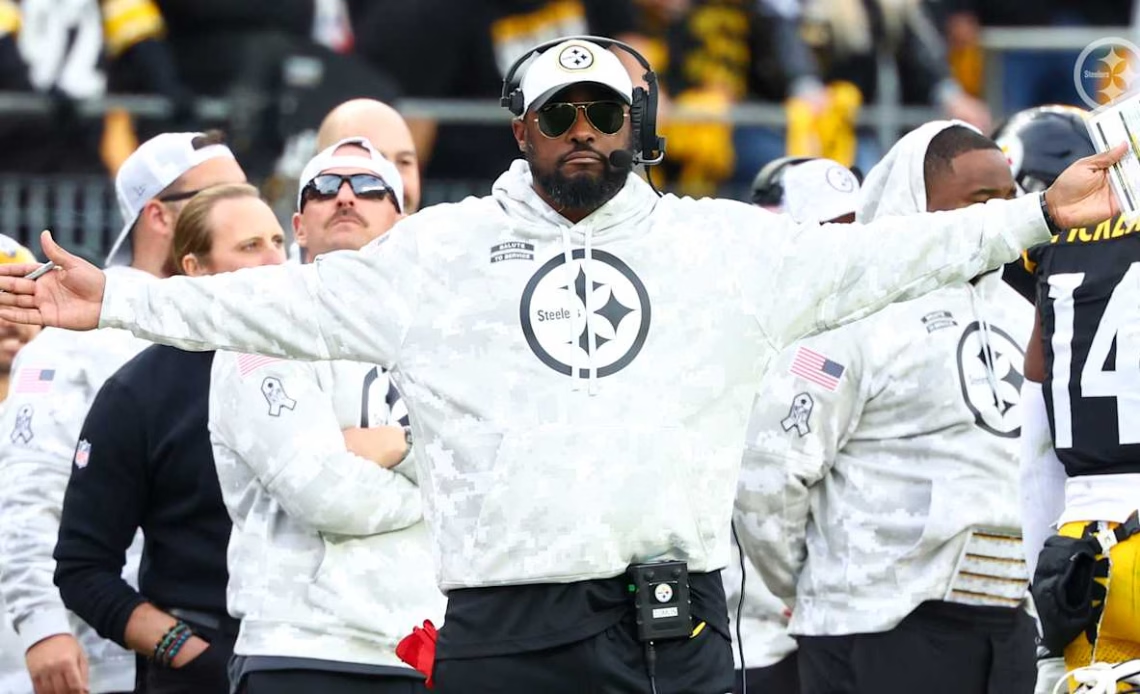Q. What did you learn about your team during last Sunday’s game in Philadelphia and its immediate aftermath?
A. You know, it’s interesting because sometimes when you don’t play as well as you’d like, or you don’t coach as well as you’d like. I don’t know that you learn new lessons. I think sometimes it just fortifies some things that you already believe in, whether it’s you as a coach or you as an individual player. It’s the minutia. It always is. It’s the fundamental things. It’s tackling, it’s ball possession or ball security. It’s capitalizing on moments, on short fields and situational ball. And I think that when looking back at it through that sober lens, it is affirmation of what we already know about how significant situational play is and how significant fundamental football is.
Q. What about learning things about your players, your team, how they respond to a performance like that?
A. I think we’re in the process of writing that story. I never look to the next practice. It’s about the next opportunity, how you position yourself, how you rise up in those moments. And so, I don’t know that I was looking for any “growth” in the process of preparing for this next one. I think those answers lie in the quality of our play and execution this time around.
Q. I’m not going to ask you to criticize the officiating, and I don’t have enough money to help with the fine if you did, but do you address controversial calls with your players in-game if such things happen, if for no other reasons than to talk to them about overcoming things like that, to keep them focused on the game?
A. Actually, we do that in team development. That’s one of the reasons why it’s so important to have NFL officials in our training camp-like settings. To me, when you’re teaching those lessons on site, you’re late. It’s my job to see around corners. It’s my job to prepare our team for circumstances such as that. The lessons are easily learned in non-competitive situations, and…
Click Here to Read the Full Original Article at News…

